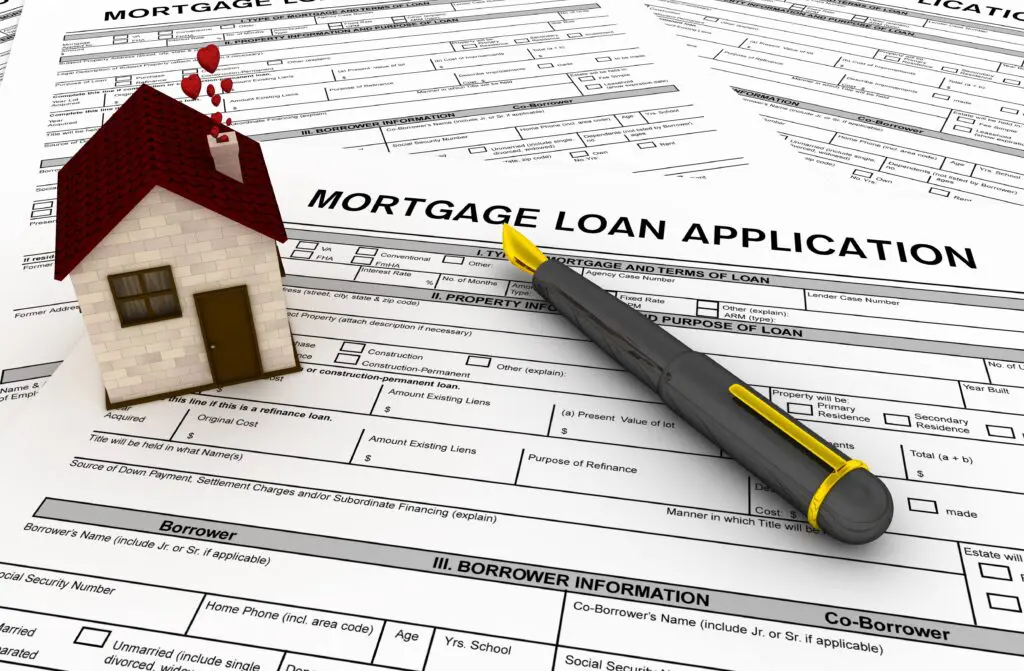Signs It’s Time to Consider Refinancing Your Home

Refinancing your home can be a great way to lower your monthly mortgage payments, get a lower interest rate, or cash out some of your home’s equity for other financial needs. But how do you know when it’s the right time to refinance? Here are some of the signs that indicate it might be time to consider refinancing your home. By keeping an eye out for these signs, you can make an informed decision about whether or not refinancing is the right choice for you.
Drop in interest rates
One of the most common reasons people refinance their homes is to take advantage of lower interest rates. If a drop in interest rates has happened since you first took out your mortgage, you could save thousands of dollars throughout the life of your loan by refinancing. Keep an eye on the current interest rates, and consult a mortgage professional to see if refinancing makes financial sense for you.
Improvement in credit score
Your credit score plays a significant role in the interest rate you can qualify for when refinancing. If your credit score has improved since you initially purchased your home, you may be eligible for a lower interest rate. It’s essential to review your credit report regularly and work on improving your credit score to potentially secure a better rate when refinancing.
Change in financial situation
If your financial situation has changed since you first purchased your home, refinancing could help you better manage your mortgage payments. For example, if you’ve recently received a raise or paid off debt, refinancing could allow you to pay off your mortgage faster or reduce your monthly payments. Speak with a financial advisor to determine if a refinance aligns with your current financial goals.
Switch from an adjustable-rate mortgage to a fixed-rate mortgage
Adjustable-rate mortgages (ARMs) can offer lower initial interest rates but come with the risk of fluctuating rates over time. If you want the security of a fixed monthly payment, refinancing from an ARM to a fixed-rate mortgage could provide peace of mind and financial stability.
Tap into your home’s equity
If you have built up equity in your home, you may want to access some of that cash for home improvements, debt consolidation, or other financial needs. Refinancing can allow you to cash out some of your home’s equity while potentially securing a lower interest rate than other borrowing options, such as personal loans or credit cards.
Shorten the term of your loan
Refinancing your home can also be a strategic move if you want to pay off your mortgage faster. By refinancing to a shorter loan term, such as a 15-year mortgage, you can potentially save on interest payments and own your home outright sooner. However, it’s essential to consider whether the higher monthly payments fit within your budget before making this decision.
Get rid of private mortgage insurance (PMI)
If you initially purchased your home with a small down payment, you likely have to pay for private mortgage insurance (PMI). PMI can add hundreds of dollars to your monthly mortgage payments. However, once you have built up enough equity in your home, you can refinance to eliminate PMI. By getting rid of PMI, you can lower your monthly payments and save money in the long run.
Refinancing your home is a significant financial decision that requires careful consideration of your current financial situation and goals. By keeping an eye on interest rates, monitoring your credit score, and assessing your long-term financial objectives, you can determine if refinancing is the right move for you. If you recognize any of the signs mentioned in this blog post, it might be time to consider refinancing your home. Contact our office to discuss your options.
